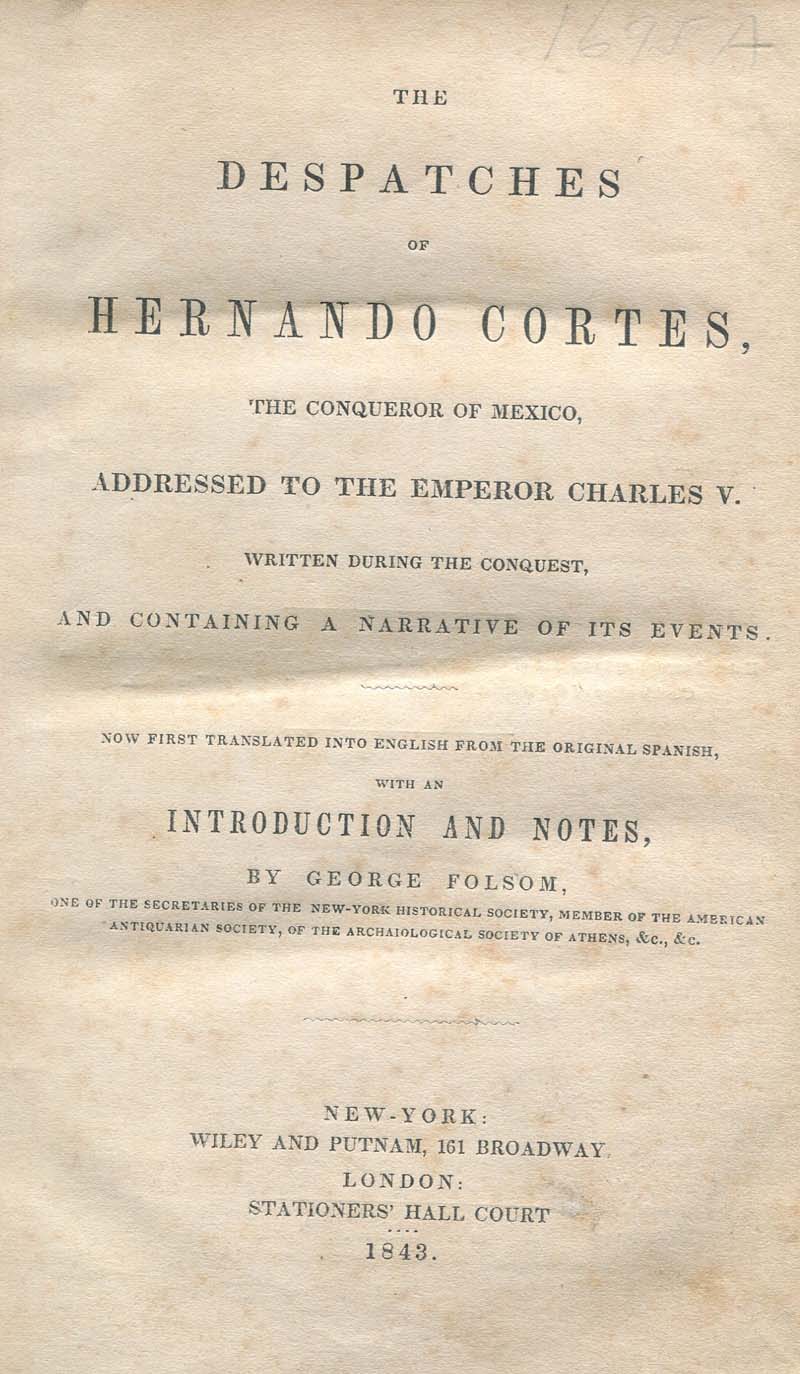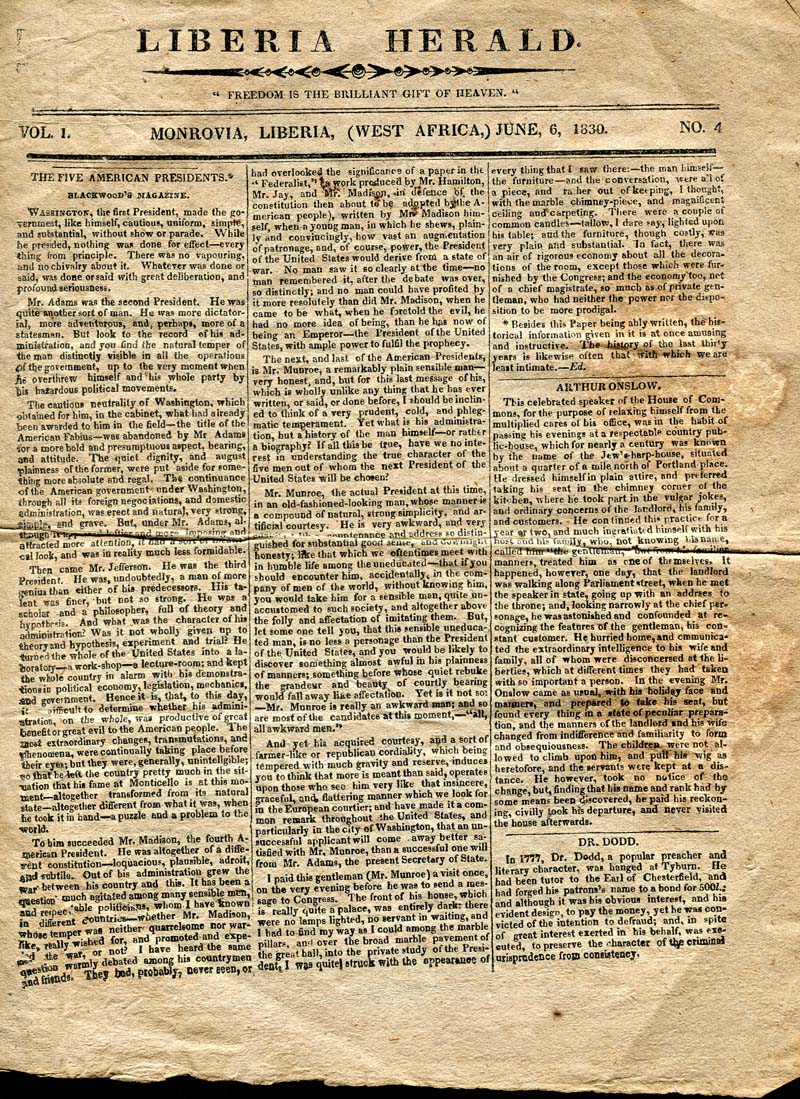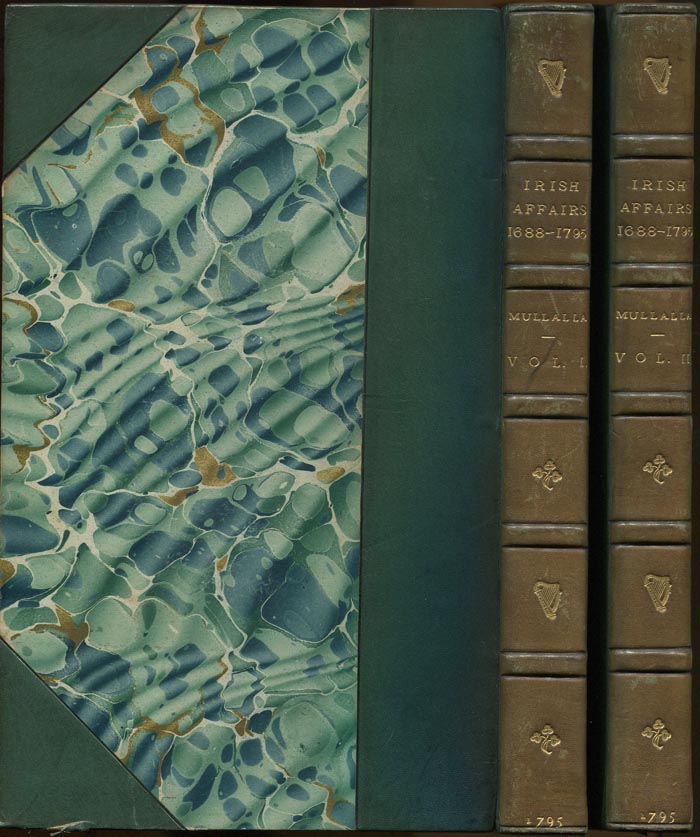November 4, 1910
Trinity at the Outbreak of the Civil War (Address by Lieut. Colonel William S. Cogswell, ’61 [class of 1861], on Founder’s Day, Nov. 1, 1910.)
I have been asked to speak to you of “Trinity during the war time.” Although it is not quite fifty years since the close of that struggle, times have greatly changed. Then events moved slowly; now dynasties are changed in a day without causing more than a passing comment. Inventions and discoveries that worked revolutions in the fields of transportation and production, and projects once considered the idle dreams of visionaries, impossible of accomplishment, which changed the relations of mankind, are now accepted as matters of course in the feverish pursuit of the age “after pleasure, after gain”–so that it is impossible for you, all born years since the close of that war, to realize the conditions then existing, the all-absorbing interest taken in national politics, the appeals alike to passion and patriotism, to sorrows, devotion, and self-sacrifice with the resultant storm and stress that devoured our country like a flaming sword. Looking back it seems like a frightful dream; then it was a stern reality that summoned everyone to take his part in the great drama being enacted. Thanks God the healing hand of time has closed the wounds, discords are forgotten, and from the throes of that struggle has arisen an era of peace and prosperity, of friendly appreciation and good will that is fast making the legends of valor displayed its only memory.
During the fall of 1860 there were about fifty students at Trinity College, then located where the Capitol now stands, gathered from all sections of the country, some eight or ten of whom were from the Southern States. The professors, with one exception, Professor Edward Graham Daves, were all Northern men. We were all quartered in Jarvis and Brownell Halls, so you can readily understand that in such a small community the relations between us were very close. And while of course the issues of the presidential campaign then pending were freely discussed, there was nothing like a separation into factions and no break in the ties which bound us to our Alma Mater and to each other. None of us realized, in spite of the intense agitation and bitterness attending the election, that the result as determined at the polls would not be accepted. For a long time after the election and even when in certain of the Southern States action was taken looking toward secession, we could not believe that war was possible.
At this time quite a military sentiment was prevalent in Hartford aroused by the fame attained by the Coly Guard for its proficiency in what was known as the Zouave drill, and, the students catching the fever, in the early Winter of 1860 a company was organized at the college, named, in honor of Professor Daves, the Daves Guard, of which he was a member drilling in the ranks, as did many of the students from the South. Through the influence of ex-Governor Seymour, a citizen of Hartford, some cadet muskets were obtained from the State Arsenal and drills in the manual of arms and company movements were by permission of the faculty held regularly in the old Cabinet Room in Seabury Hall. Fowler and Webster of the senior class, who had attended a military school before entering college, were the instructors, and Hardee’s tactics became a well known textbook.
[This book is in the Watkinson: http://library.trincoll.edu/voyager/shortcut.cfm?BIBID=41198]
Fowler was Captain, Cogswell 1st Lieutenant, and Webster 2nd Lieutenant of the company. I am afraid that if the truth were told these officers were entitled to higher marks for proficiency in tactics than in the prescribed studies of the senior class. About February, 1861, in response to invitations from companies organized in the city, these officers acted as their instructors until sometime in May.
Such were the conditions at the college when word came of the firing on Sumpter, followed by the President’s call for volunteers. The change in the relations of the students was as sudden and complete as that between the North and the South. Those from the Southern States left the College almost immediately, and sorrowful farewells were spoken between those who for years had walked together as friends. Most of them entered the Confederate service, among them Graham, Eborn, Wooten, Bondurant, and the Derosetts.
Of course this was a time of wild excitement. Probably the fact that a number of students were from the South and possibly some outspoken declaration of sympathy with rebellion in conversation with citizens made by some of them, gave rise to a rumor of threats made by the “Townies,” as they were called, against the College, and of their purpose to “clean it out,” but this was never taken seriously. It was well known how the College stood. All of the professors and a very large majority of the students were known to be staunch Unionists and when a meeting of the citizens of Hartford was called to rally the people to the support of the government President Eliot was invited to make the principle address.
The news of the fall of Sumpter and the President’s proclamation was followed by the immediate call for volunteers by the Governor, and Allen of the Seniors, and Huntington who afterwards commanded the Marines that made the landing at Guantanamo in the war with Spain, of the Freshman class at once enlisted in Hawley’s company of the 1st Regt. Connecticut Volunteers, being among the very first to volunteer from this State. There was much discussion among the members of the Daves Guard about enlisting or tendering their services to the State, but the depletion in its ranks by the loss of its members going South, and the enlistment of others in the volunteers resulted in no action being taken, and before the close of the term it had ceased to exist.
The Sunday following the fall of Sumpter was marked by the passage through the city by train of the 6th Massachusetts volunteers on their way to the relief of Washington. The railroad station was crowded with citizens, nearly all of the students were there, and the sight of those soldiers, the first to answer their country’s call, speeding to open up communication with the capital, created a profound impression, forcing home a realization of the fact that we were entering upon a contest, the extent and result of which no one could foretell.
On Monday a meeting of the students was held on the Chapel porch, speeches were made and resolutions declaring the loyalty of the College, appointing a committee to procure a flag and to get permission to display it from the tower of Seabury Hall, were passed. Then marching in a body the President and Professors were called upon. They approved of the action taken and at once granted the permission asked for.
At this time when almost every house is furnished with one or more flags, you cannot appreciate how hard it was to procure one then. There were but comparatively few flags in the country to supply the sudden demand, we could not find one for sale in the city and a like result attended attempts elsewhere. Then we called on the girls we knew for help, and they did not fail us. Soon we had the Stars and Stripes floating over Seabury Hall and never was a symbol bestowed by fair hands more heartily prized than that home-made flag presented to the College by the women of Hartford.
Such in brief outline is the story of the College when the war began. I have not the data from which to give complete statistics of all “Ours” who served on land and sea during the war, nor is there time to follow their careers.
“They went where duty seemed to call, / They did not stop to reason why, / They only knew they could but die / And death was not the worst of all. / And death was not the worst of all.”
The roll as I recall it is one of which Trinity may well be proud. Pearce, Hugg, Broughton, Woodin and Mears from the class of 1858; Stedman, Conyngham and Leaver from 1859; Malory, Davies, Gazier and Stodart from 1860; Allyn, Birckhead, Cogswell, Hawley, James, Miller, Morse, Norris, Sumner and Webster from 1861; Penfield, Ellis and Smith from 1862; Clarke, Goodman, McCook from 1863; Huntington, Dewey, Hopson, Wells and Morris from 1864; with Strong, Vincent and Woodward from classes before my time. Of these Vincent, Stedman, Norris, Smith, Dewey and Hugg sealed their devotion with their lives.
Vincent fell, like Wolfe, in the hour of victorywhile leading his command which saved the day at Gettysburg by capturing and holding Little Round Top in one of the deadliest hand-to-hand conflicts of the second day’s battle. Stedman, considered one of the ablest officers in his Corps, was killed in front of Petersburg. Smith yielded his life in the memorable charge made by the First Brigade of the First Division of the banks Corps at Cedar Mountain. Norris received his death wound during the desperate fighting in the Wilderness. Dewey fell in the battle at Irish Bend, La., and Hugg died in the hospital from the effect of exposure while a prisoner.
It can be safely said that no son of Trinity failed to measure up to the full standard of accomplishment which our Alma Mater expects from the training she bestows. They all quitted themselves like men, giving their best whether of service or of sacrifice.
“Clothes for College Fellows. For Classroom. Fore Receptions. For Romping. For Motoring.”

















